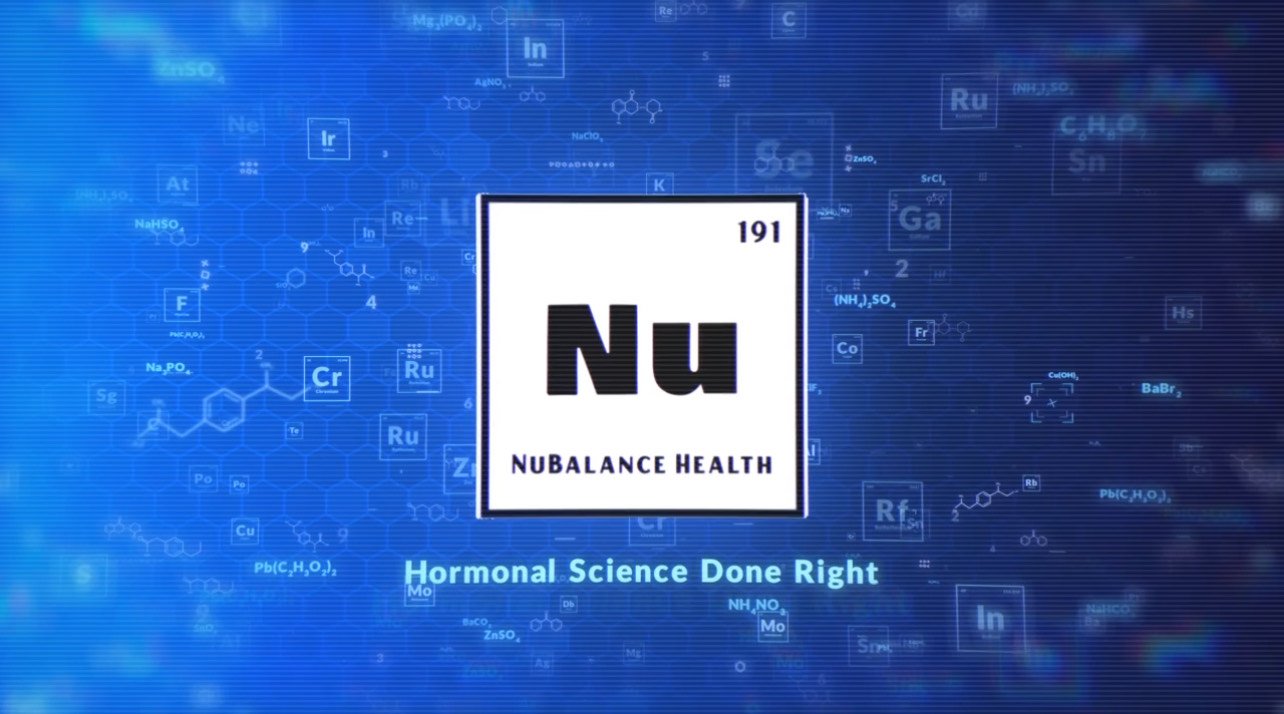Are Testosterone Levels Declining
Each Generation?

Yes, testosterone levels are significantly lower today than they were 50 years ago. Studies show that average testosterone levels in men have declined by 1%–2% per year over the past several decades. This means that men today have 20-30% lower testosterone levels compared to previous generations.
Evidence of Declining Testosterone Levels
1. The Massachusetts Male Aging Study (MMAS)
• Found that total testosterone levels declined by ~1.2% per year from the late 1980s to early 2000s.
• Even after adjusting for age, men had lower testosterone than previous generations.
2. Other Large-Scale Studies
• Research from the Journal of Clinical Endocrinology & Metabolism found that men in 2004 had 17% lower testosterone than men in 1987, even after accounting for age and lifestyle differences.
Why Are Testosterone Levels Declining?
1. Increased Exposure to Endocrine Disruptors
• Chemicals like bisphenol A (BPA), phthalates, and pesticides interfere with testosterone production.
• Found in plastics, personal care products, and processed foods.
2. Poor Diet & Nutrient Deficiencies
• Highly processed foods, low protein intake, and nutrient deficiencies (zinc, magnesium, vitamin D) reduce testosterone production.
• High sugar and insulin resistance negatively impact hormonal balance.
3. Increased Obesity & Sedentary Lifestyle
• Higher body fat percentages lead to increased aromatization (conversion of testosterone to estrogen).
• Lack of exercise, especially strength training, reduces natural testosterone stimulation.
4. Chronic Stress & Sleep Deprivation
• Elevated cortisol levels from chronic stress suppress testosterone production.
• Poor sleep quality and reduced deep sleep lower natural hormone production.
5. Declining Physical Activity & Testosterone Demand
• Men 50+ years ago had more physically demanding jobs and active lifestyles.
• Less demand for strength, endurance, and physical labor leads to lower testosterone signaling.
Major Reasons for Declining Testosterone Levels
Major Reasons for Declining Testosterone Levels
1. Increased Exposure to Endocrine Disruptors
• Plastics (BPA & Phthalates): Chemicals in plastic bottles, food containers, and receipts interfere with hormone production.
• Pesticides & Heavy Metals: Found in food, water, and the environment, these substances lower testosterone.
• Personal Care Products: Many shampoos, lotions, and deodorants contain hormone-disrupting chemicals.
Impact: Endocrine disruptors affect the body’s ability to produce and regulate testosterone.
2. Poor Diet & Nutritional Deficiencies
• Highly Processed Foods & Refined Sugars: Lead to insulin resistance, metabolic dysfunction, and increased body fat.
• Low Healthy Fats & Protein Intake: Testosterone production relies on cholesterol, healthy fats, and essential amino acids.
• Nutrient Deficiencies (Zinc, Magnesium, Vitamin D): These are essential for testosterone production but are less common in modern diets.
Impact: Poor nutrition reduces the body’s ability to produce and maintain healthy testosterone levels.
3. Increased Obesity & Lack of Physical Activity
• Higher Body Fat %: More fat means higher estrogen conversion (testosterone converts into estrogen via aromatase).
• Sedentary Lifestyle: Less weight training, manual labor, and outdoor activity compared to past generations.
• Low Muscle Mass: More muscle naturally stimulates testosterone production.
Impact: More obesity and inactivity mean less natural testosterone production and more estrogen dominance.
4. Chronic Stress & High Cortisol Levels
• More Mental Stress: Work pressure, social stress, and constant digital stimulation keep cortisol levels high.
• Less Time Outdoors: Sunlight exposure is crucial for vitamin D and testosterone production.
• Less Physical Stress (Hormesis): Less exposure to cold, heat, and physical exertion reduces testosterone adaptation.
Impact: Chronic stress and high cortisol suppress testosterone production.
5. Poor Sleep & Circadian Rhythm Disruptions
• More Screen Time at Night: Blue light reduces melatonin, disrupting deep sleep cycles.
• Less Sleep Overall: Testosterone is produced during REM sleep, and modern sleep habits reduce REM cycles.
• Shift Work & Late Nights: Irregular sleep patterns lower natural testosterone release cycles.
Impact: Poor sleep leads to lower testosterone, decreased recovery, and hormonal imbalances.
6. Lower Physical Demand & Hormonal Signaling
• Less Heavy Labor: Past generations engaged in more physically demanding jobs and activities.
• Lower Daily Testosterone Demand: The body adapts to the environment, and modern life doesn’t require high testosterone as much as before.


